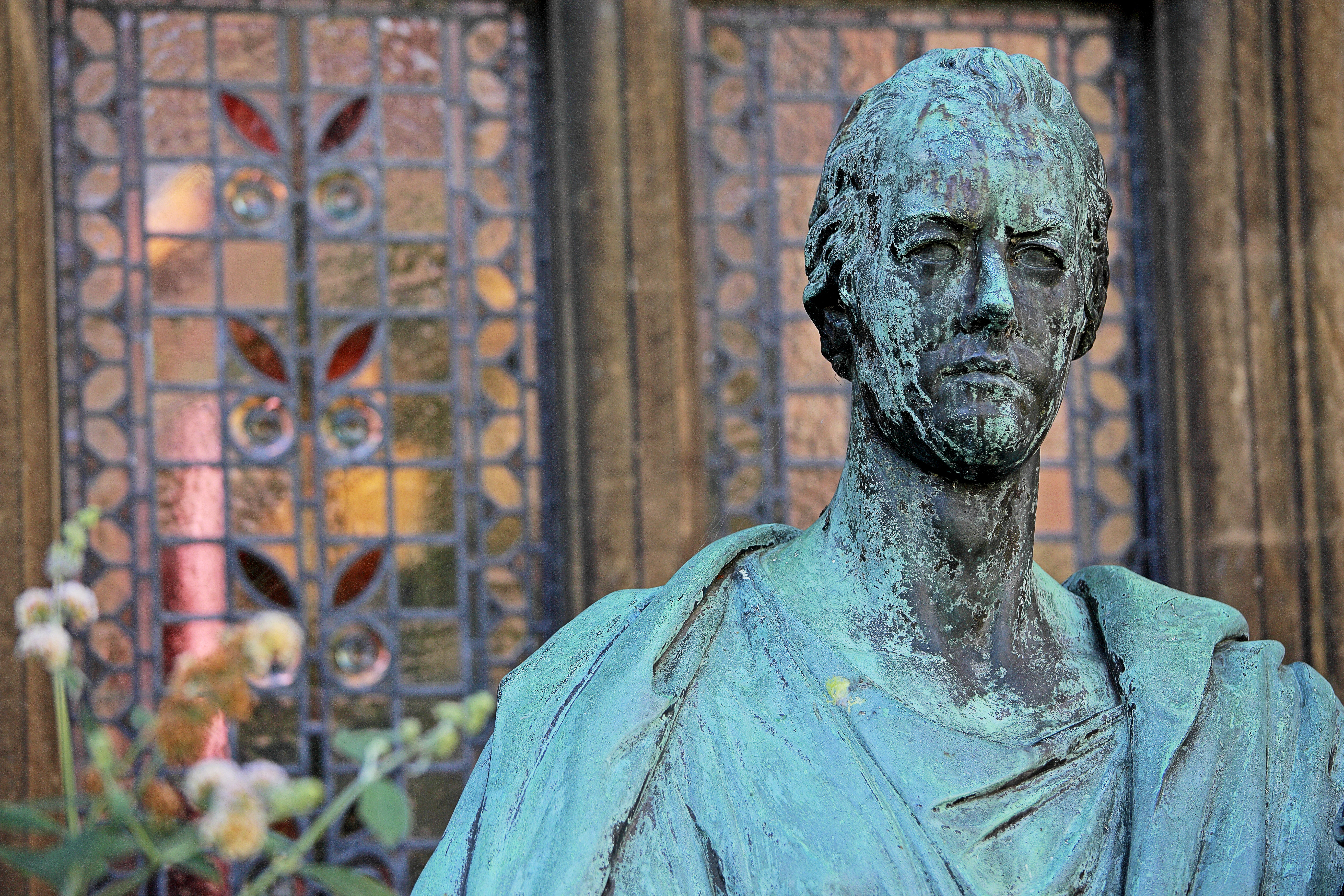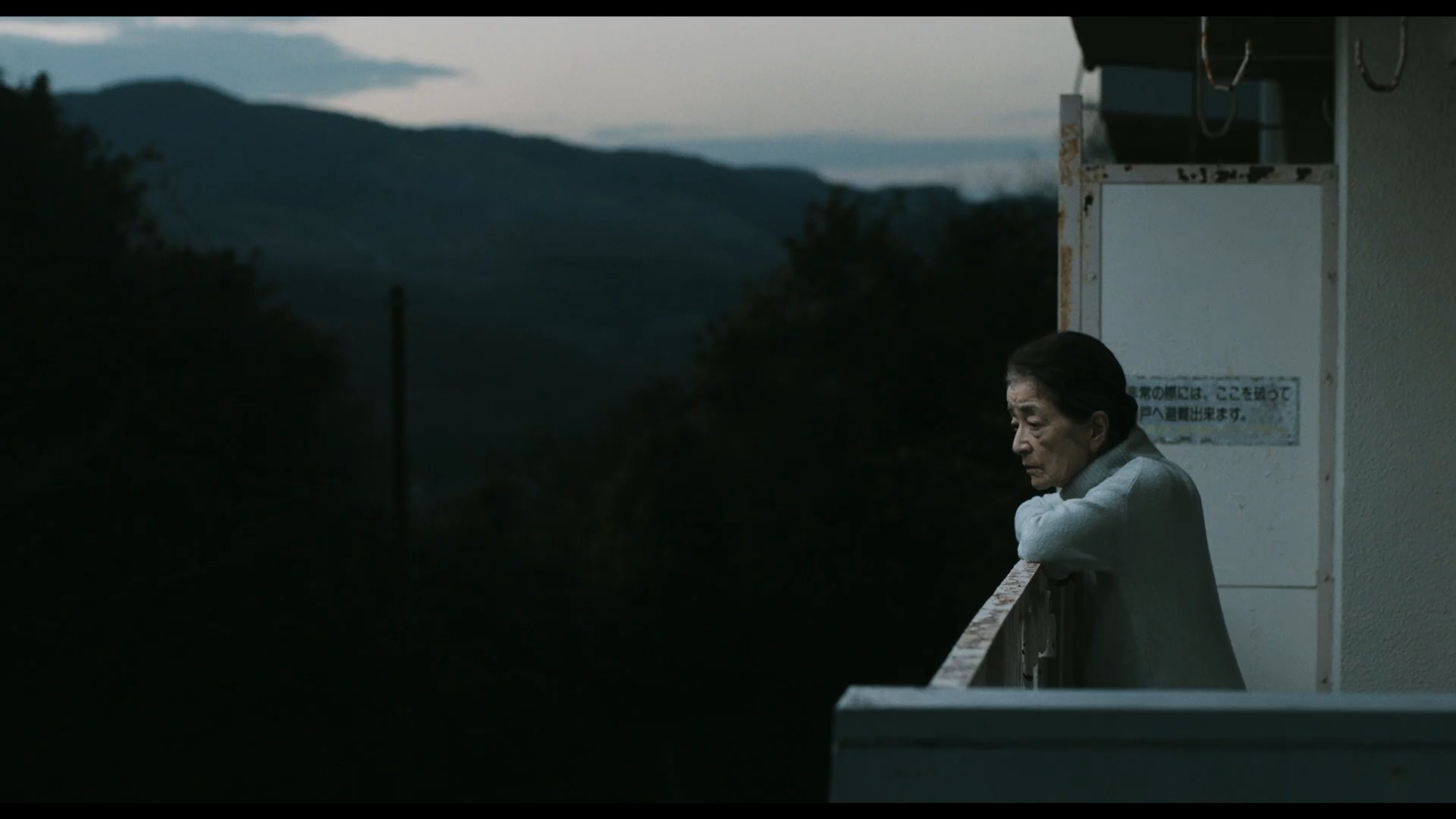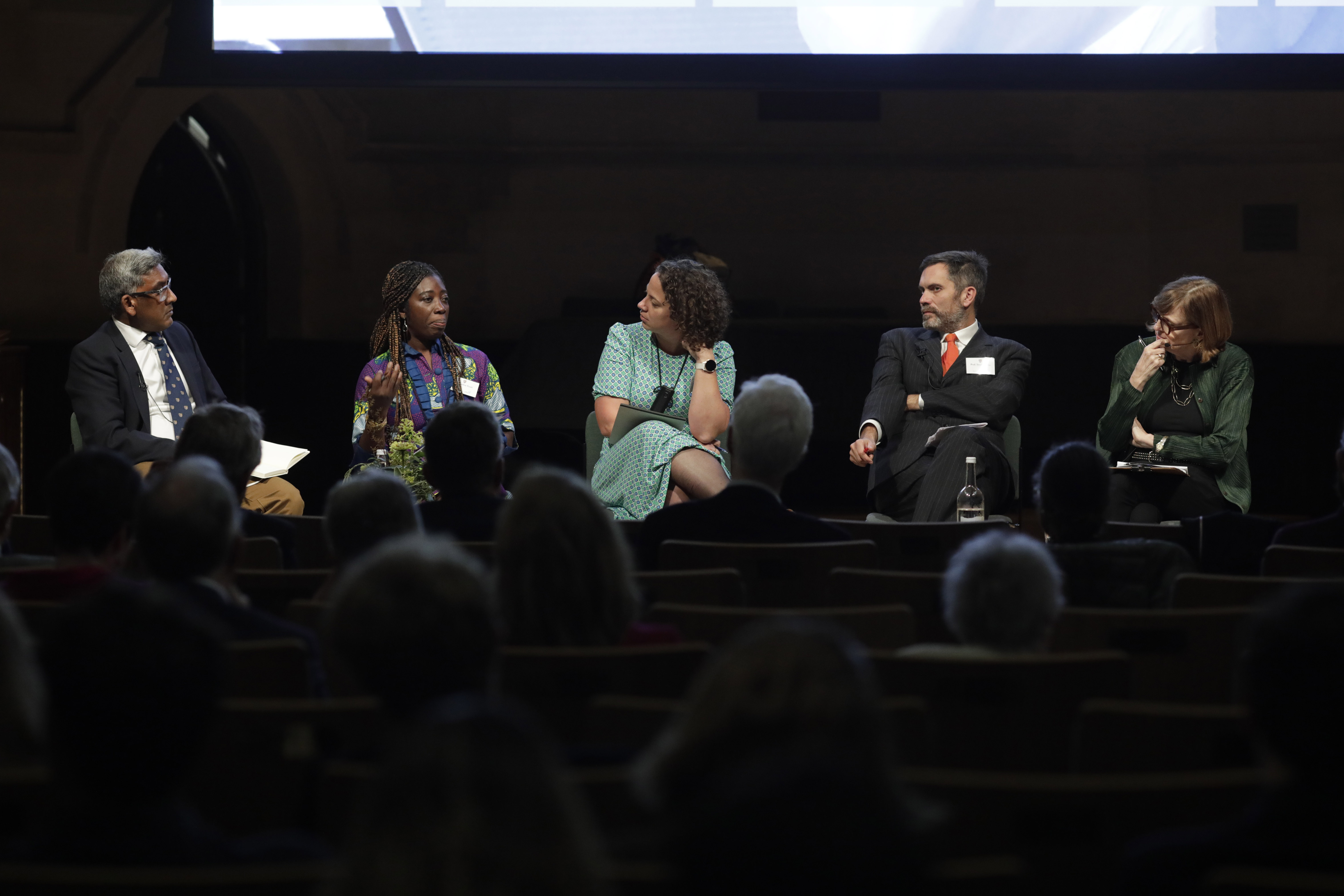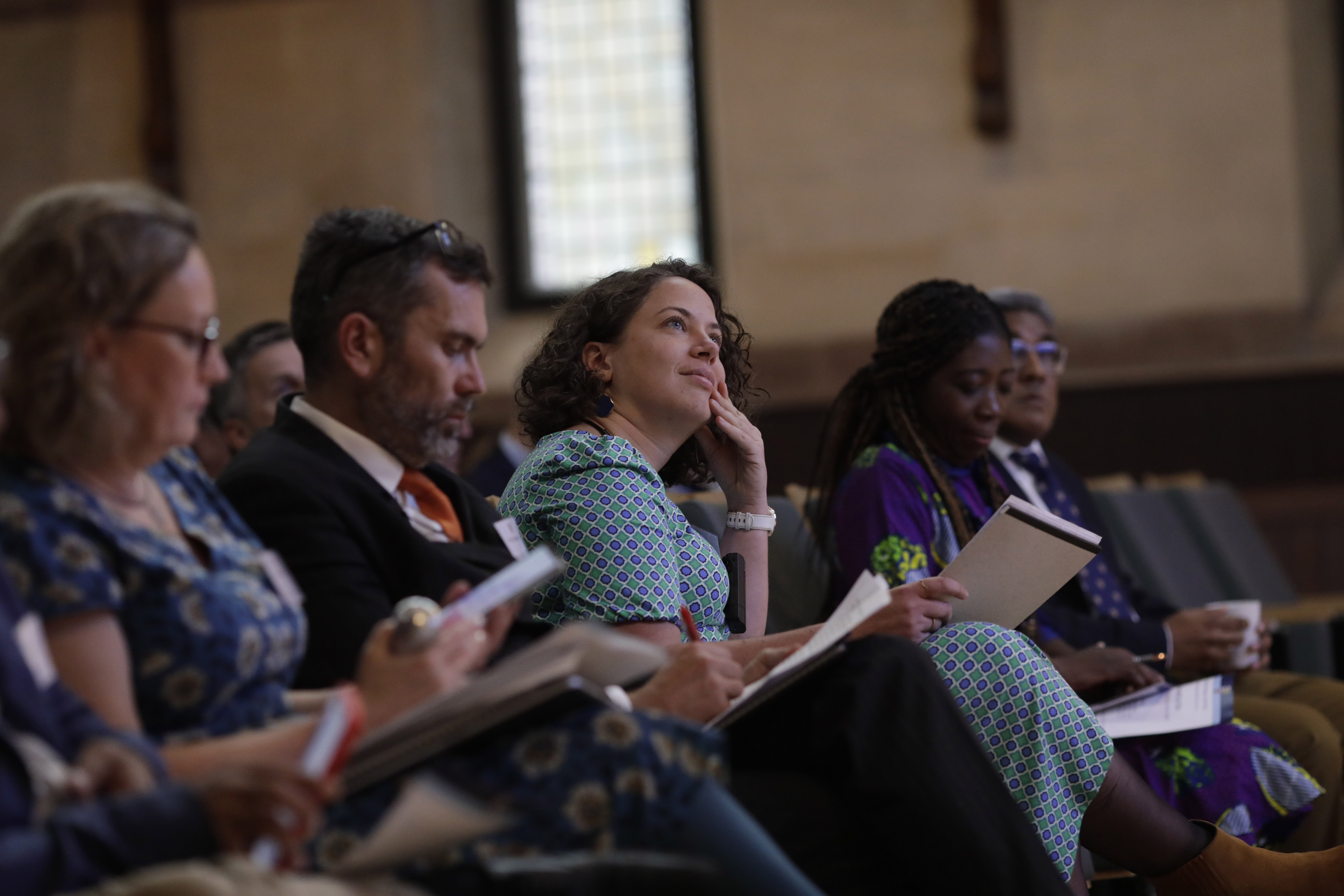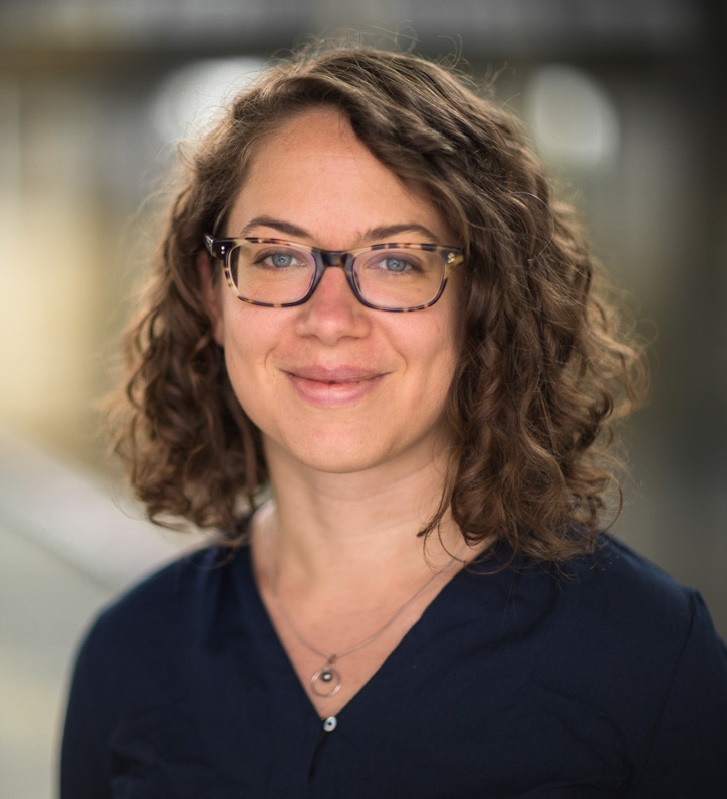October 2023 - Julia Bird (2005), William Pitt Seminar speaker and Economic Consultant
As the number of old people in the world rapidly balloons, it's hard to imagine that our current ways of living are tenable in the long-term. So what can be done?
For our October blog Dr Julia Bird (2005), William Pitt Seminar panelist and Economic Consultant, tells us about what's at stake for the economy and what could be done to make the situation better.
How should society adapt when we all live longer? That was the question posed by Pam Garside, the Chair of the recent 18th annual William Pitt Seminar, to a panel in Pembroke’s beautiful new Mill Lane auditorium. William Pitt the Younger, as Pam informed us, died just over 200 years ago at the seemingly young age of 46. Except back in the early 1800s, 46 wasn’t exactly young, but five years older than average life expectancy for men in the UK . In the 200 years since, our average life spans have more than doubled. We are living longer, and that trend is expected to continue.
An ever-larger older population is creating fiscal pressures we are all aware of – how do we pay for retirement, care needs and health provisions when the working age population is also decreasing? The somewhat dystopian recent Japanese film, Plan 75, explores a troublesome solution – voluntary euthanasia for those aged 75 or over. The deeply sad and lonely experiences of those in a society undergoing such an experiment leave the viewer with a profound sense of loss, both of lives and of connections. While the plan is voluntary, those eligible begin to feel coerced, needing to justify, at least to themselves, the value they bring to society. What is the value of our older years?
It was thought-provoking though to sit on a panel that brought such a range of perspectives to this issue, and to also be challenged by questions and experiences from the audience. Dr Rav Seeruthun, William Pitt Fellow and the author of last month’s blog, illuminated us on how medical technologies are enhancing the potential to track and treat chronic illnesses, but warned of the potential for the further entrenchment of inequalities in access to healthcare. While new technologies may alter life expectancy in developed economies, Dr Pauline Essah demonstrated how the challenges faced are not the same the world over. Europe, North America, and much of Asia, have ever larger elderly populations relative to the rest of the population, but in Sub-Saharan Africa the youth population is ballooning, creating a different structure to society and different challenges. And what about the experiences of those living longer? Professor Stephen John brought a more philosophical take to the issues, reflecting on whether the elderly have different life views and experiences to others, much in the same way that those of different races or genders do as a result of their different societal experiences.
Our traditional three stage life progression, childhood and education, adulthood and employment, old age and retirement, seems at odds with our 21st century lives. When the National Insurance Act of 1946 introduced a universal contributory state pension in the UK, the age of retirement - 60 for women and 65 for men - was set at the approximate life expectancy of the time; many wouldn’t make it to the age at which their pensions set in. 75 years later and we are living on average over twenty years longer, but expect to retire at a similar age. The following years are often filled with activity – hobbies and travel, grand-childcare, volunteering – but also, increasingly, work. In Spring this year, the number of over 65s in employment hit its highest ever level, nearly 1.5 million. Some are driven by the need to top up their state pension which may be insufficient to cover the increased costs of living. Others are wanting to keep active and engaged, with paid employment being one route to doing so. And of course, while many other roles that retirees take on are unpaid, they have a value, albeit one that is difficult to measure. But just because we struggle to measure something does not mean it is not important for the well-being of society. For generations, what has traditionally been seen as women’s work - childcare, cooking, housekeeping - was attributed little if any economic value. We have thankfully begun to address this, though not fully. Do we do the same for the elderly?
There are other approaches, and it’s likely the solution is a mixture of many. Family policies, including through increased childcare provision and parental benefits, to encourage more children and a future workforce (an increase in such policies in Germany over the last fifteen years appears to be helping to reverse their declining fertility trend); increase taxes and incentivise private saving to pay for future retirements; an increase in migration to enhance the size of the workforce; or increase the retirement age, reducing the expected costs of old age on the state.
"Our traditional three stage life progression, childhood and education, adulthood and employment, old age and retirement, seems at odds with our 21st century lives."
If we do delay retirement, or move to a more hybrid approach to working in our later years, how can we do so in a way that supports others elsewhere in the life-cycle? These changes aren’t happening in isolation, and those entering adulthood may be looking at fifty or more years of work ahead of them. Responding to the increasing costs of an older population requires ensuring fulfilling careers and opportunities throughout our lives, perhaps by better valuing leisure and career breaks, or providing improved opportunities to retrain and reskill over longer careers with the provision of lifelong educational opportunities. Social experiments have also taken off in recent years, linking care homes to nurseries to foster shared interactions, or retirees renting rooms to students for both benefit from support, cheaper rents, and the company. In an era of increased loneliness, medical and health advances are giving us the gift of more time, a precious resource. We can be innovative in how we use this, enabling those who are living longer to share their wisdom and company with younger generations, building connections, and enhancing the quality of all lives.
There are no easy answers, but what struck me from the conversations at the seminar, and the questions and insights from both my fellow panelists and audience members, was the huge variety of ideas to approach these issues. The inter-disciplinary thinking that Pembroke supported gave space for rich discussions and new ideas – I learnt about the huge advances and potential of tech in transforming healthcare, and of the challenging trade-offs medical professionals and first responders face day-to-day, as they prioritise over patients with different needs and try to deliver both quality and quantity of life. And I felt stretched in my own beliefs about what a good old age looks like, and what it feels like to experience the world when old. I left optimistic that we can rise to challenges and find solutions together, embracing our diversity of experiences, of disciplines, and of course, our diversity in age.
Dr Julia Bird (2005) is an economist who currently works as an independent consultant, with expertise in sustainable economic development. After her undergraduate studies in maths and economics at Pembroke, she completed a PhD at Toulouse School of Economics, and was then a Junior Research Fellow at the University of Oxford. Her academic research has combined big data from satellite imagery and economic modelling to consider how to build urban resilience and improved livelihoods in rapidly growing cities in low- and middle-income countries
In recent years, Julia has worked for Vivid Economics and McKinsey Sustainability, developing their economic tools to address the links between climate change and living standards. She has helped firms and governments consider the impacts of their policies and investment decisions on climate change, and their adaptability and resilience to a rapidly evolving climate and natural world. She has advised both public and private institutions including the World Bank, the Asian Development Bank, ClimateWorks Foundation, and the FCDO. You can read more about Julia and her research over on her website.

